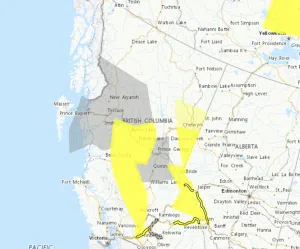After two weeks of debate, the attendees of the United Nations’ COP15 Biodiversity Conference have signed off on a historic agreement.
That agreement will see the UN’s 196 member nations work together to stop and reverse the human-led destruction of Earth’s ecosystems.
It includes a commitment to protect 30 percent of the world’s land, water, and marine areas by 2030, and to restore 30 percent of degraded ecosystems by the same year.
In addition, it calls for a $500 billion reduction to subsidies which harm the environment, and a $200 billion annual investment in biodiversity funds.
But not all countries left happy with the final agreement, with many African, South American and Asian countries upset over the agreement drawing from existing funding sources, rather than creating anew one.
Members of the First Nations Leadership Council were also upset over the Conference’s failure to include or properly value Indigenous voices.
They say that Indigenous peoples take on a disproportionate responsibility for biodiversity and deserve to have a vote and a seat at the table.










Comments